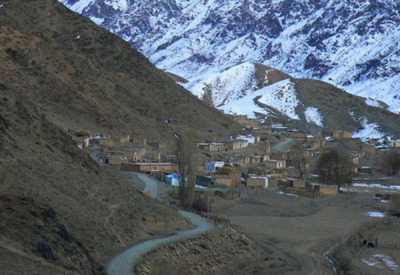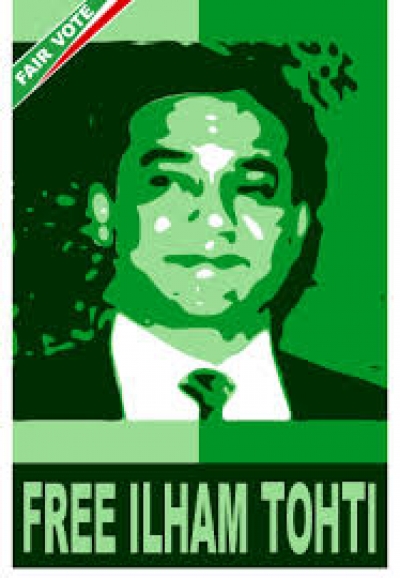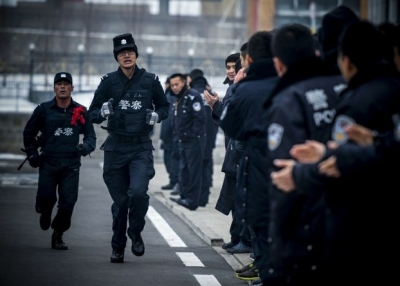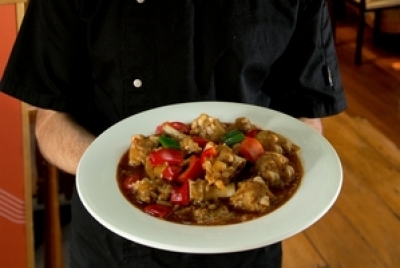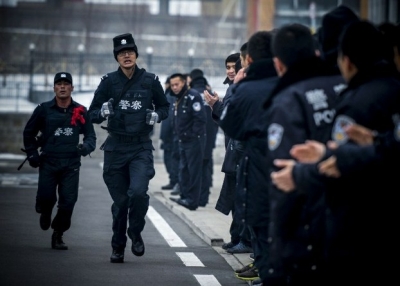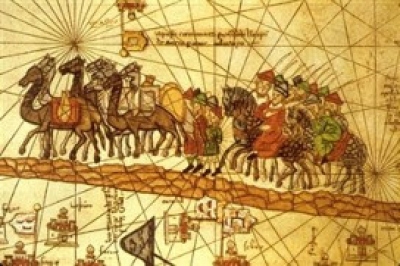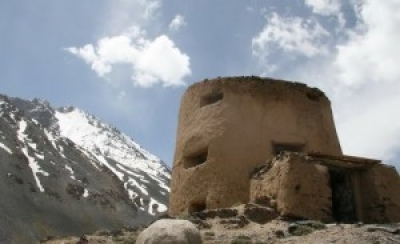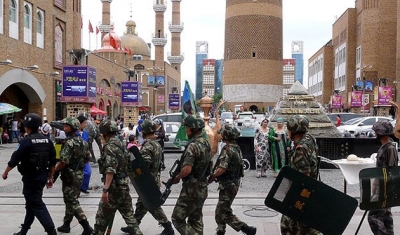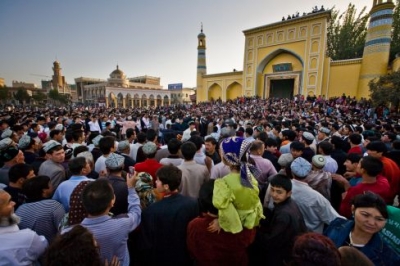Uyghur Villagers Forcibly Relocated to Make Way For Tourist Resorts
Chinese authorities have forcibly relocated more than half of the ethnic minority Uyghurs—mostly farmers and herders—from three mountain townships in the Xinjiang region to make way for tourist resorts without providing them adequate compensation or job opportunities, according to area sources. Villagers from the three townships in Kumul (in Chinese, Hami) prefecture, in northwestern China’s Xinjiang Autonomous Uyghur Region, told RFA’s Uyghur Service that in addition to being stripped of their livelihoods, they fear losing their cultural traditions, as local officials resettle them to suburban neighborhoods.

